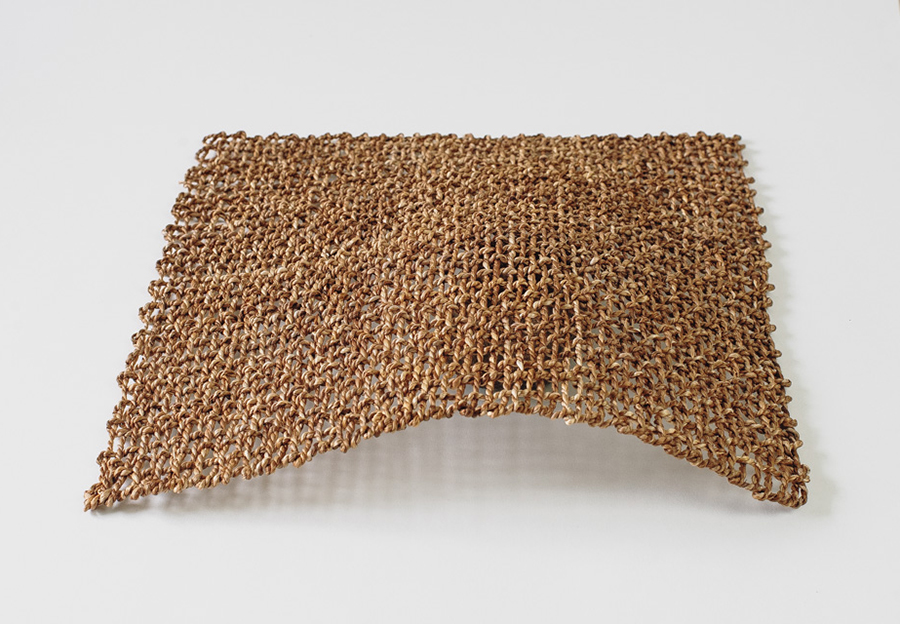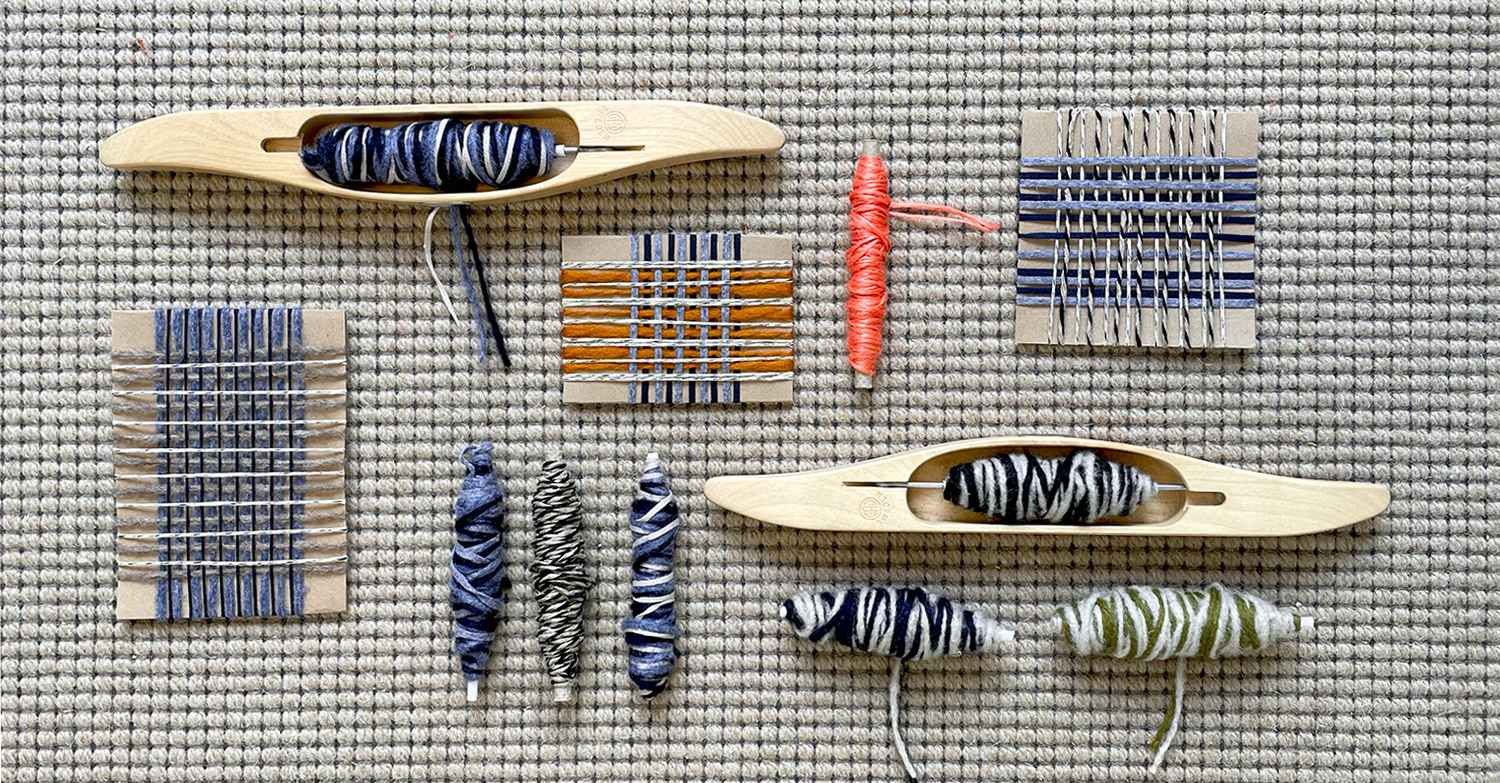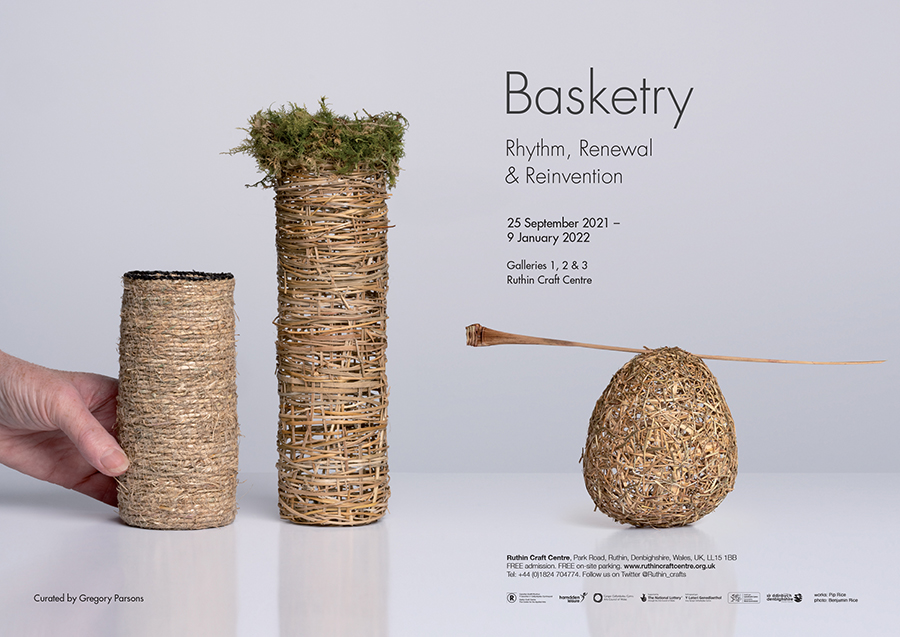 British Textile Biennial 2021 returns this year with new artist commissions, exhibitions and performances presented against the backdrop of the impressive infrastructure of the cotton industry in Pennine Lancashire. The Biennial runs from the 1st – 31st Oct 2021
British Textile Biennial 2021 returns this year with new artist commissions, exhibitions and performances presented against the backdrop of the impressive infrastructure of the cotton industry in Pennine Lancashire. The Biennial runs from the 1st – 31st Oct 2021
This October, BTB21 turns its attention to the global nature of textiles and the relationships they create, both historically and now, with a major new commission by Turner Prize winner Lubaina Himid, fashion historian Amber Butchart as guest curator, a groundbreaking and sustainable fashion project with designer Patrick Grant and a collaboration with artist James Fox and actor Maxine Peake. The final element of the programme is announced with C.P. Company Cinquanta, a retrospective of the Italian Sportswear company’s 50th anniversary.
In line with celebrations for the brand’s 50th anniversary, C.P. Company will be taking part in the British Textile Biennial 2021 programme, presenting a retrospective dedicated to five decades of Italian Sportswear, and Massimo Osti’s lasting legacy. Taking place in Darwen, Lancashire, from 1 – 10 October, the display will feature exclusive C.P. Company archive pieces from throughout the label’s illustrious history.
An arrangement of activities will run alongside this exhibition, including student workshops and panel talks, which will include speakers from the brand, as well as respected names in sportswear and casual culture.
With an abiding interest in the history of textiles within both an African and European context, Turner Prize winner, Lubaina Himid will present a major new work responding to the Gawthorpe Textile Collection in Burnley, exploring the histories of industrialisation, female labour, migration and globalisation in the Great Barn at Gawthorpe Hall.
Continue reading →
 Turn and Return: The Arc, Jewry St. Winchester. Hampshire S023 8SB
Turn and Return: The Arc, Jewry St. Winchester. Hampshire S023 8SB Deirdre’s wrap reel enables her to measure yarn and make it into hanks of a standard size to later dye it and use it in her hand-loomed architectural textiles.
Deirdre’s wrap reel enables her to measure yarn and make it into hanks of a standard size to later dye it and use it in her hand-loomed architectural textiles.












